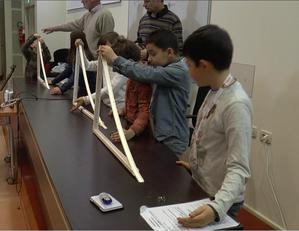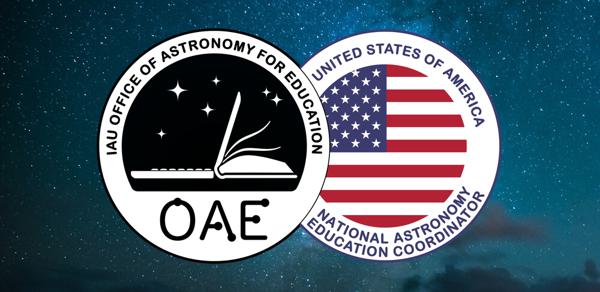Glossary term: Energy
Description: In very basic terms energy is defined as the capacity of a system to do some work. However, this definition does not capture the rich, multilayered aspect of energy, and its manifestation from the scale of fundamental particles to the entire Universe. One of the fundamental principles of physics is that total energy is always conserved. Energy takes various forms (e.g. kinetic, gravitational potential, thermal) depending on the context and can be converted from one form to another. Relativistic physics describes an innate connection between mass and energy. The unit of energy is the joule, and it quantifies the amount of work done on an object by a force of one newton moving it a distance of one meter. In particle physics, however, energy is expressed in electron volts.
See this term in other languagesTerm and definition status: This term and its definition have been approved by a research astronomer and a teacher
The OAE Multilingual Glossary is a project of the IAU Office of Astronomy for Education (OAE) in collaboration with the IAU Office of Astronomy Outreach (OAO). The terms and definitions were chosen, written and reviewed by a collective effort from the OAE, the OAE Centers and Nodes, the OAE National Astronomy Education Coordinators (NAECs) and other volunteers. You can find a full list of credits here. All glossary terms and their definitions are released under a Creative Commons CC BY-4.0 license and should be credited to "IAU OAE".
If you notice a factual error in this glossary definition then please get in touch.
Related Activities
Let's Break the Particles
astroEDU educational activity (links to astroEDU website) Description: Learn how energy can be transformed into various forms.
License: CC-BY-4.0 Creative Commons Attribution 4.0 International (CC BY 4.0) icons
Tags:
Hands-on
, Potential energy
, Binding energy
, Particle accelerator
Age Ranges:
8-10
, 10-12
, 12-14
Education Level:
Middle School
, Primary
Areas of Learning:
Social Research
, Traditional Science Experiment
Costs:
Medium Cost
Duration:
1 hour 30 mins
Group Size:
Group
Skills:
Analysing and interpreting data
, Asking questions
, Planning and carrying out investigations









